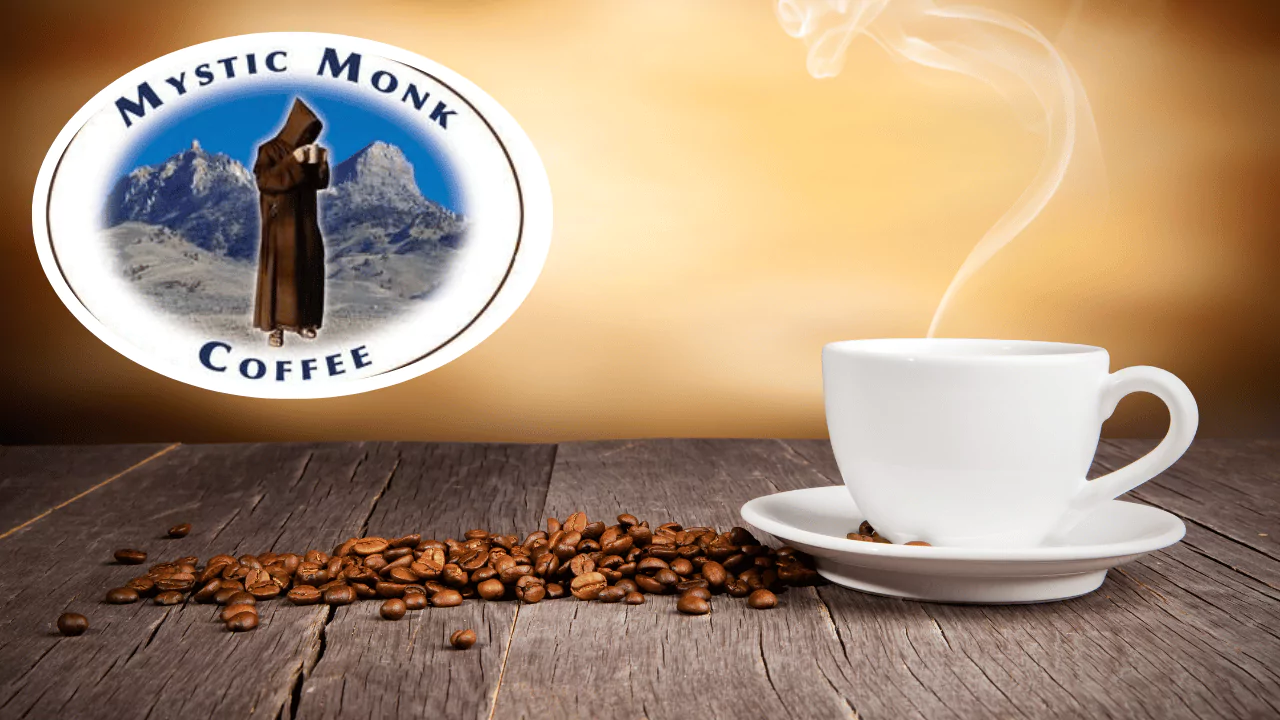The Mystic Monks scandal is a shocking case of how a group of Catholic monks in Wyoming used their coffee business to deceive their donors and consumers and to fund a lavish lifestyle that contradicted their vows of poverty and obedience. The scandal exposed the dark truth behind the Mystic Monk Coffee brand, which claimed to be roasted by real monks in a monastery, but was actually sourced from dubious suppliers and involved questionable practices. The scandal also raised questions about the ethics, transparency, and accountability of religious organizations and the impact of such controversies on the faith and trust of the public.
The Mystic Monk Scandal
The Mystic Monk scandal refers to a controversy that emerged in 2006 involving the Carmelite Monks of the Immaculate Heart of Mary monastery, which is located in Cody, Wyoming. The monks, who belonged to a public association within the Diocese of Cheyenne, founded the Mystic Monk Coffee brand in 2007 as a means to support their growing community and their mission to build a new monastery in the mountains. The brand gained popularity among coffee lovers and Catholics who appreciated the connection to the Carmelite charism and the monastic lifestyle.
However, in 2006, a whistleblower from within the monastery revealed that the monks were using funds from the coffee business to purchase a $7.5 million ranch in the scenic mountains of Wyoming without informing their donors or the diocese. The whistleblower also exposed that the monks were living a luxurious life that contradicted their vows of poverty and obedience. They had expensive cars, horses, guns, and other amenities that were not compatible with their monastic vocation. Moreover, the whistleblower claimed that the monks were not actually roasting the coffee themselves, but were buying pre-roasted beans from various suppliers and repackaging them under their own label. The beans were also of low quality and sometimes expired or moldy.
The whistleblower contacted the local bishop and the media to expose the scandal. The bishop launched an investigation and confirmed the allegations. He also discovered that the monks had not obtained his approval or permission to buy the ranch or to run the coffee business. He ordered them to stop selling coffee and to return the ranch to its previous owner. He also dissolved their association and asked them to leave the diocese.
Consequences of the Scandal
The scandal had devastating consequences for the reputation of the monks and their coffee brands. Many donors and consumers felt betrayed and deceived by their actions. They demanded refunds and apologies from the monks. Some even filed lawsuits against them for fraud and breach of contract. The scandal also tarnished the image of the Carmelite order and the Catholic Church in general. Many people questioned the credibility and integrity of religious organizations and their leaders. Some also lost their faith and trust in God and His Church.
The scandal also had personal consequences for the monks involved. Most of them resigned from their association and left the monastery. Some returned to their families or joined other religious communities. Some faced legal charges and penalties for their involvement in the scandal. Some also struggled with guilt, remorse, and depression for their actions.
Lessons Learned from the Controversy
The Mystic Monk scandal is a sobering reminder of how even those who dedicate their lives to spiritual pursuits can fall prey to temptation and moral failings. It also shows how important it is for religious organizations to be transparent, ethical, and accountable in their dealings with donors, consumers, and authorities. It also highlights how vital it is for faithful Catholics to be discerning, vigilant, and supportive of genuine religious vocations and endeavors.
The scandal also offers some lessons for those who aspire to follow Christ in a more radical way through monastic or religious life. It teaches them to be faithful to their vows of poverty, chastity, and obedience, which are meant to free them from worldly attachments and distractions and to help them focus on God alone. It also urges them to be humble, honest, and responsible in their stewardship of God’s gifts and resources, which are meant to be used for His glory and for the good of His people. It also encourages them to be prayerful, attentive, and obedient to God’s will and His Church’s guidance, which is meant to lead them to holiness and happiness.
The Dark Truth Behind Mystic Monk Coffee
The Mystic Monk Coffee brand was not what it claimed to be. It was not roasted by real monks in a monastery, but by commercial roasters in various locations. It was not sourced from ethical or organic suppliers but from cheap or dubious ones. It was not made with high-quality or fresh beans but with low-quality or stale ones. It was not sold with honesty or transparency but with deceit and deception.
The Mystic Monk Coffee brand was a scam that exploited the faith and goodwill of its donors and consumers. It was a scheme that enriched its founders at the expense of its supporters. It was a fraud that damaged its reputation beyond repair.
The Mystic Monk Coffee brand was a story of fraud, deception, and betrayal. It was a story that should never be repeated.


